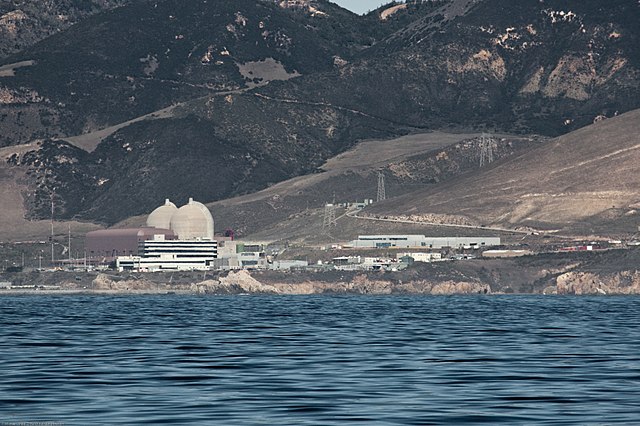US Must Enhance Cyber Defenses
 |
| Lockheed Martin in Bethesda, MD |
Take this hacking campaign against energy companies in December 2011.
Others, not publicly attributed to the group before, include a campaign against North American natural gas producers that began in December 2011 and was detailed in an April alert by the Department of Homeland Security, two experts who analyzed the attack said. In another case, the hackers first stole a contact list for subscribers to a nuclear management newsletter, and then sent them forged e-mails laden with spyware.
In that instance, the group succeeded in breaking into the computer network of at least one facility, Diablo Canyon nuclear plant, next to the Hosgri fault north of Santa Barbara, according to a person familiar with the case who asked not to be named.
They Phished a Nuclear Plant
 |
| The Compromised Diablo Canyon Nuclear Plant |
This concerns me, because a sophisticated security expert would have been far less overt. If these hackers with adolescent tactics were able to compromise a nuclear plant, what could a better trained adversary accomplish. I doubt the attack would have even been detected.
Symantec has published information about Chinese cyberattacks against US Defense contractors. Indeed terabytes of data have been stolen from the DoD. This is bad news, and we have to wonder how much technology, strategic plans, and information have been stolen from us. The Chinese are not our friends.
Panetta is Weak on Cybersecurity
Panetta is having talks with China about “cyber issues.” These aren't “cyber issues,” they are purposeful attacks on the US and private companies in the US to obtain information. China is a state sponsor of cyber attacks throughout the western hemisphere, they must be called out on this issue. This has gone on long enough. I am gravely concerned about our technology being turned against us, which is something that makes cyber attacks so dangerous.
They Could Compromise Our Weapons
 |
| F-22 Raptor in Flight |
Hack Them Back
We must begin offensive hacking attacks (if we haven't already) against those that would seek compromise our systems. The fight is no longer conventional; there is a cyber war going on at this very moment, and we must be prepared for enemies to use this vulnerability against us. This will give us several advantages. The main advantage will be to actively stop attacks before they happen, since we will be able to compromise the hackers systems and know how they will strike. Secondly, we can implement back doors to provide us access and monitor systems and their uses, to come back whenever it is deemed necessary.

No comments:
Post a Comment